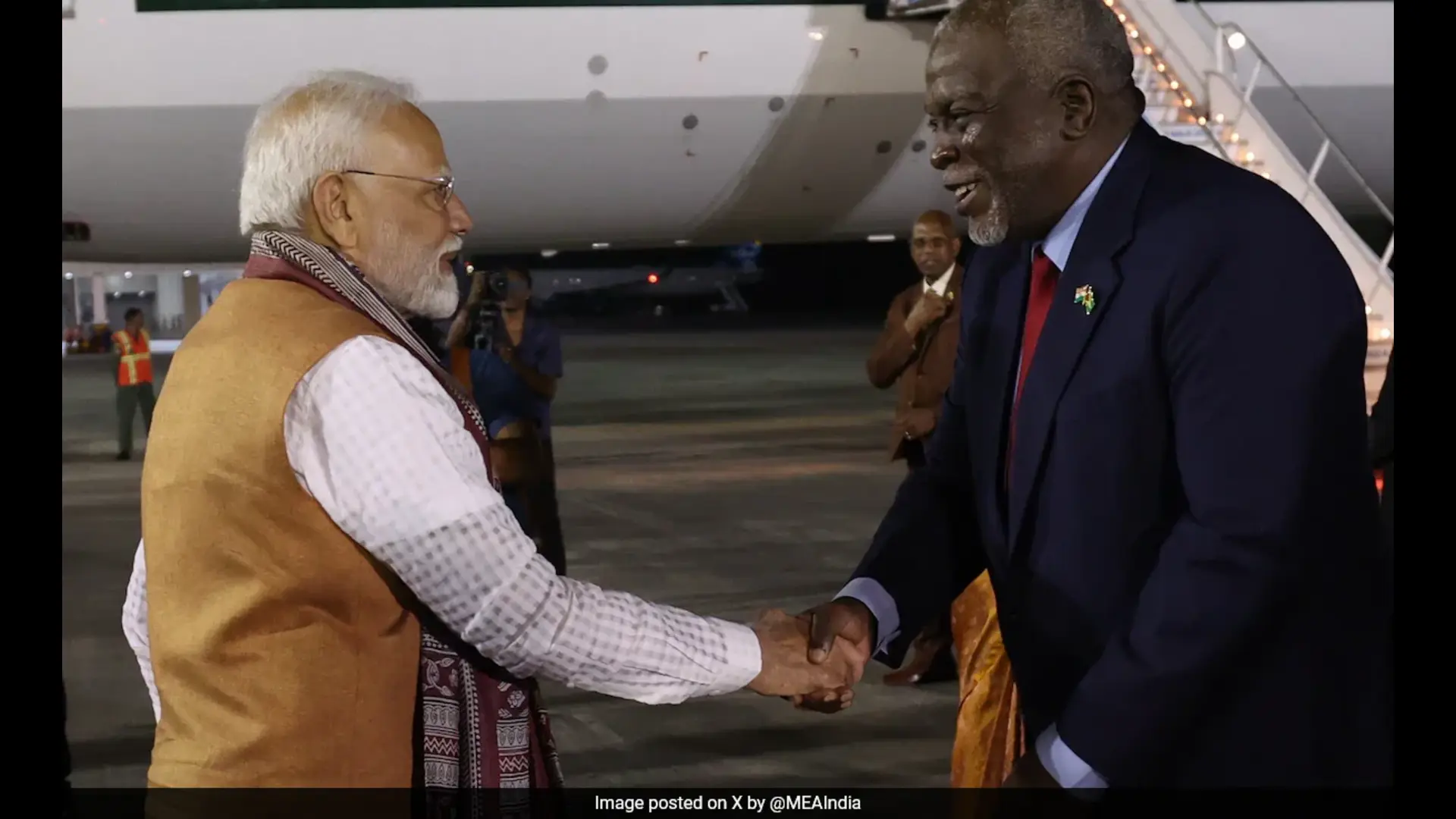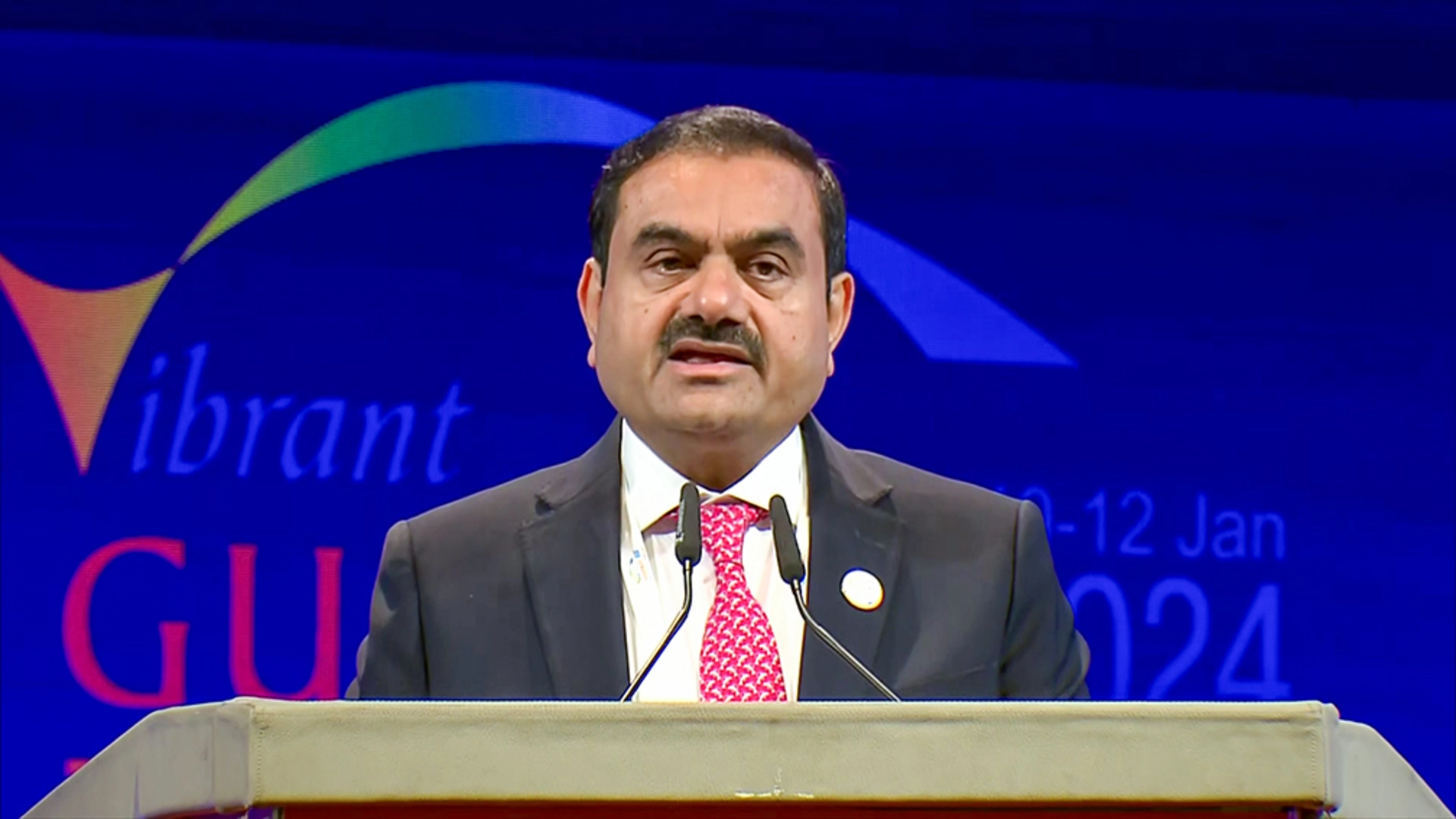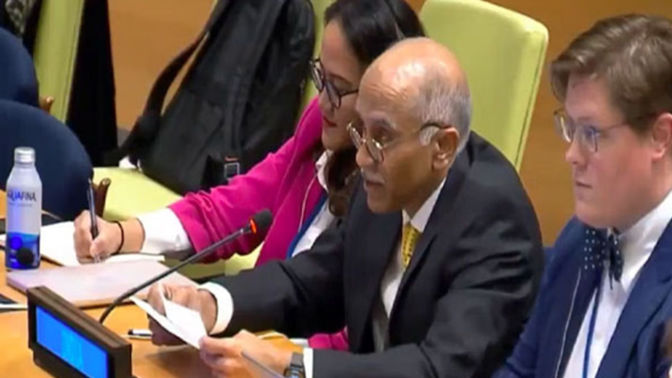
The resignation of Delhi minister Raaj Kumar Anand from all AAP positions and his departure from the party represent a major blow to the Aam Aadmi Party (AAP). Anand expressed his feelings by saying, “I am feeling lighter after resigning from all of my posts and my primary membership in the AAP today.” The AAP was chastised by Anand, the MP for Patel Nagar, for allegedly disregarding the rights of Dalits, a community he himself belongs to. In addition to expressing his gratitude to Dr. Babasaheb Ambedkar, he voiced unhappiness with the AAP for allegedly failing to maintain Dalit representation inside the party. Anand stated that he currently has no affiliation with any other political party.
The resignation of Raaj Kumar Anand has stirred reactions within AAP circles. Sanjay Singh, an AAP Rajya Sabha member, alleged that the arrest of Arvind Kejriwal, AAP’s chief, was aimed at destabilizing the party rather than pursuing corruption investigations by the Enforcement Directorate (ED). Singh also criticized the Bharatiya Janata Party (BJP), accusing it of using unethical tactics to coerce MLAs and ministers to switch sides in various states.
Anand’s departure poses challenges for AAP as he was known as the Dalit face of the Arvind Kejriwal cabinet, holding key portfolios related to Social Welfare, SC & ST, and Gurdwara Elections. Moreover, Anand’s resignation coincides with Chief Minister Arvind Kejriwal’s judicial custody, reducing the effective strength of the Delhi cabinet and raising questions about the appointment of a replacement. Additionally, Anand’s exit may impact AAP’s prospects in the upcoming by-election in the Patel Nagar constituency.
There are concerns within AAP about the possibility of other party members following Anand’s footsteps, especially since he quit despite holding a ministerial position. Recent instances of AAP members defecting to other parties, such as in Punjab where an AAP MP and MLA joined the BJP, have exacerbated these worries.
Raaj Kumar Anand’s association with AAP lasted approximately four years. His resignation follows scrutiny by the Enforcement Directorate in November 2023 under the Prevention of Money Laundering Act (PMLA), relating to alleged offenses under the Customs Act.
The departure of Anand, coupled with recent political shifts, raises uncertainties for AAP’s electoral prospects, particularly in constituencies with significant Dalit populations. AAP’s strategy to attract Dalit voters, evident in its ticket allocation and symbolic gestures, faces challenges following the exits of key Dalit leaders.















